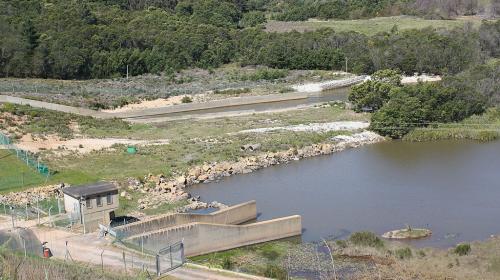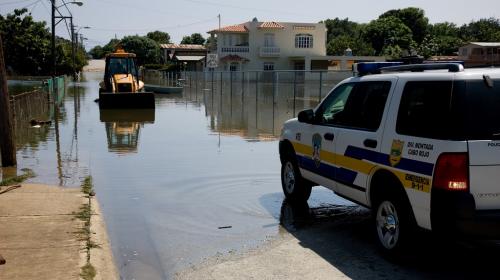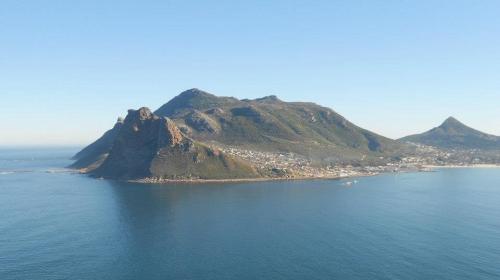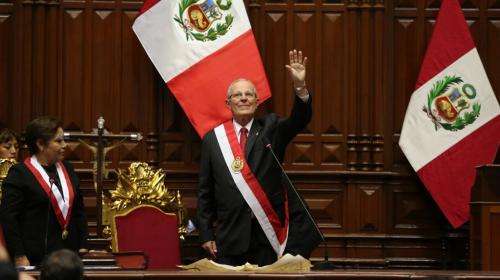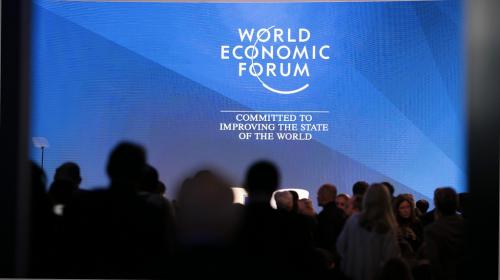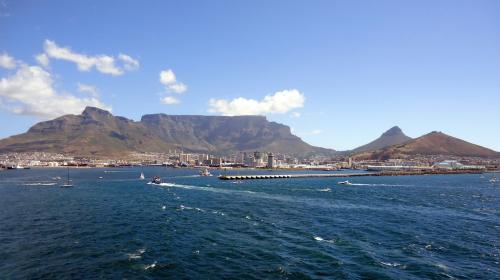This week, a North Korean delegation arrives in South Korea for the Olympics; Mexican journalists flee for their lives; the war in Syria intensifies; and more.
Experiences in California, as in Cape Town, demonstrate that the status quo is unsustainable. There is a need for a radical rethink of our relationship with water, writes Sarah Sieloff.
The Olympics brought the two Koreas together, and any talks that occur on the Korean Peninsula are the direct result of Olympic diplomacy, writes Robert Dunbar.
This week, Puerto Rico is still in need of FEMA assistance; the United Kingdom and China are looking to make a post-Brexit trade deal; Cape Town imposes firmer restrictions on water use; and more.
Cities must start planning ahead in order to avoid catastrophic water crises like the one now facing Cape Town, South Africa, writes Rachel Cardone.
The relative political stability that has facilitated Peru’s sustained growth is now under serious threat, write Jane Jaquette and Abraham Lowenthal.
This week, the World Economic Forum in Davos, Switzerland, kicks off; 11 countries reach an agreement on a new Trans-Pacific Partnership trade deal; Tokyo conducts its first missile attack drill since the end of World War II; and more
California must look for solutions to its water crisis that do not result in another series of "water wars," writes Maria Mehranian.
The current administration's persistent neglect of Africa constitutes nothing less than foreign policy malpractice, writes Grant Harris.
This week, an extreme drought causes Cape Town to drastically cut down on its water use; North and South Korea agree to march under a common flag in next month’s Winter Olympics; Saudi Arabia injects $2 billion into Yemen’s central bank; and more.



